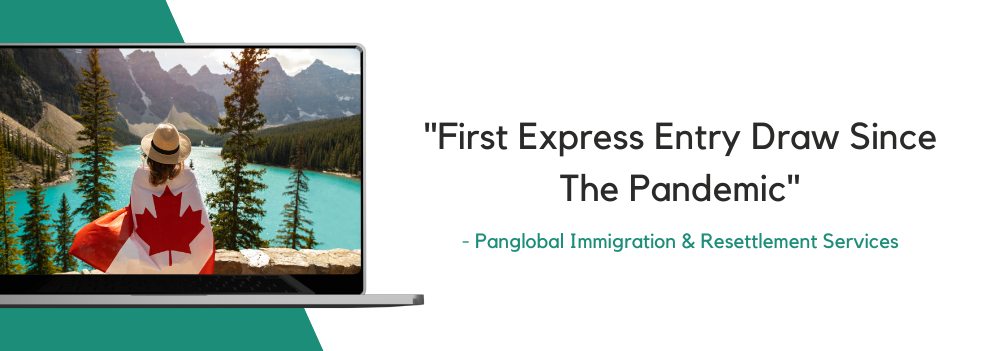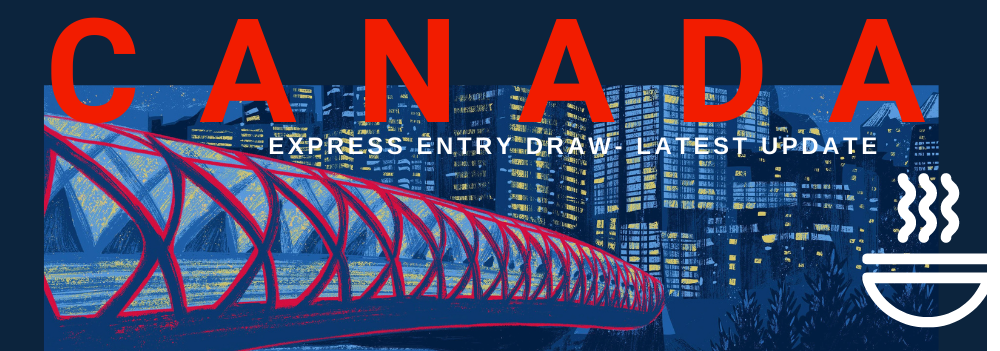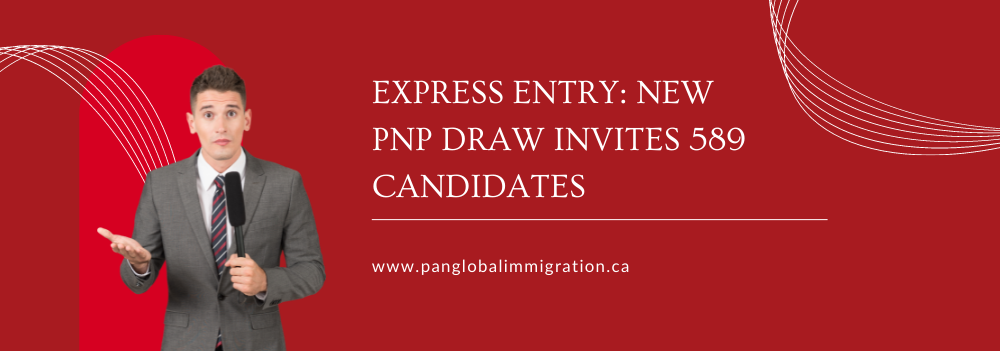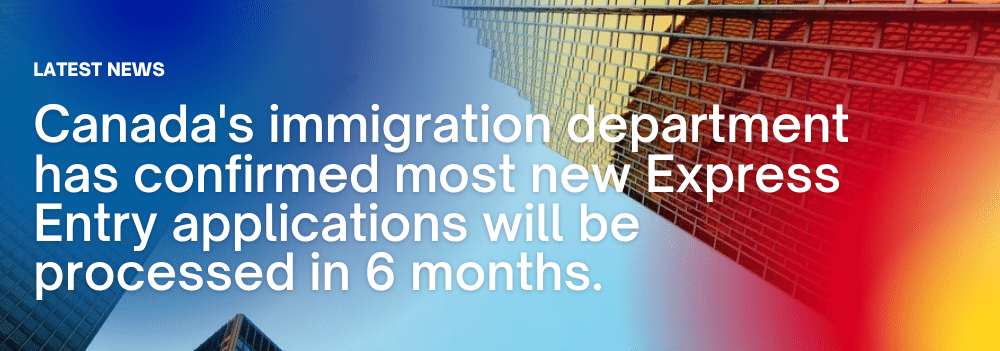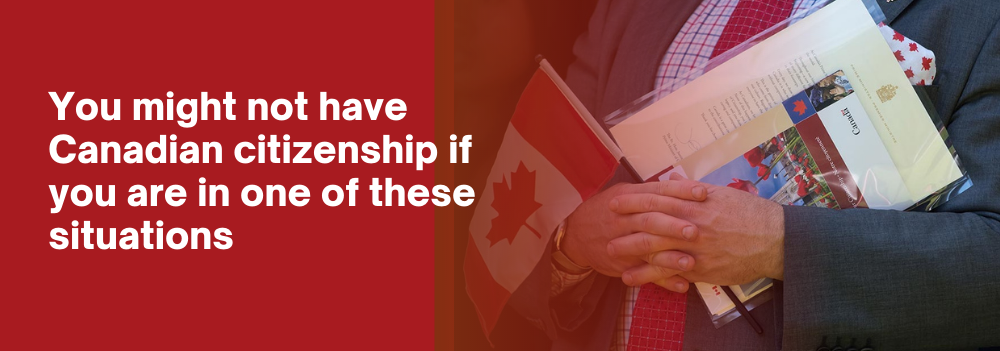Express Entry: Canada invites skilled immigrants overseas for the first time since 2020
Canada’s Immigration Minister: “Today, I am pleased to announce that Express Entry draws have officially resumed and applications will be processed at our 6-month processing standard. I look forward to welcoming skilled workers who will be essential in addressing Canada’s labor shortages.”
Canada has invited Federal Skilled Worker Program (FSWP) candidates for the first time since December 2020.
Canadian Experience Class (CEC) candidates were also included in today’s Express Entry draw. This marks the first time since September 2021 that CEC candidates have been included in an Express Entry draw.
Immigration, Refugees and Citizenship Canada (IRCC) invited a total of 1,500 Express Entry candidates to apply for permanent residence. The Comprehensive Ranking System (CRS) cut-off score was 557.
Minister’s statement on today’s draw
“Today, I am pleased to announce that Express Entry draws have officially resumed and applications will be processed at our 6 month processing standard. I want to thank the candidates from around the world for their patience, as we worked to reduce the backlog before resuming Express Entry draws. I look forward to welcoming skilled workers who will are essential in addressing Canada’s labour shortages.”
Why today’s draw is big news
The return of all-program draws is significant for several reasons. Since its launch in 1967 until 2020, the Federal Skilled Worker Program was the main way Canada welcomed skilled immigrants. Prior to the pandemic, the FSWP comprised about 45% of all those who received an Express Entry ITA.
The return of all-program draws is also major news for CEC candidates. The CEC is the primary way for Canada’s large international student and foreign worker population to gain permanent residence. The CEC has increased in prominence in recent years as Canada has relied on this pool to achieve its immigration levels targets. Prior to the pandemic, the CEC comprised just 9% of all 341,000 immigrants welcomed under Canada’s economic, family, and humanitarian classes combined. Last year, the CEC comprised nearly one-third of the over 405,000 immigrants who landed in Canada.
Two weeks ago, Canada’s Immigration Minister Sean Fraser told CIC News that IRCC was on track to achieve its goal of holding an all-program Express Entry draw on July 6. This was confirmed by him on Twitter on Monday. IRCC initially made this announcement in April. In addition, IRCC plans to return to processing most Express Entry applications within six months.
All-program Express Entry draws occur when IRCC considers all candidates in the Express Entry pool and issues invitations to apply (ITA) for permanent residence only on the basis of their Comprehensive Ranking System (CRS) score. Between the launch of Express Entry in 2015 and December 2020, IRCC mostly held all-program draws. This meant that Federal Skilled Worker Program (FSWP), Canadian Experience Class (CEC), and Federal Skilled Trades Program (FSTP) candidates all had a shot at getting an ITA.
Beginning in January 2021, IRCC focused on only inviting CEC candidates. IRCC did this because most of these candidates were in Canada and were less likely to face COVID-related challenges than immigration candidates overseas. However, IRCC paused CEC invitations in September 2021 in order to address its application backlogs. In the meantime, IRCC has continued to hold bi-weekly draws only inviting Provincial Nominee Program (PNP) candidates to help the provinces and territories address their labor market needs.
How does Express Entry work?
Express Entry is a two step process.
In step one, candidates need to confirm they meet the criteria of at least one of the three Express Entry programs.
If they meet the criteria, candidates can upload their Express Entry profile onto IRCC’s website. Candidates receive a Comprehensive Ranking System score based on their human capital characteristics such as age, education, language skills, and work experience. Approximately every two weeks, IRCC invites the highest-scoring candidates to apply for permanent residence.
Those invited for permanent residence have 60 days to submit their applications to IRCC. IRCC aims to process most applications within 6 months or less.
By 2024, Canada will welcome over 110,000 Express Entry immigrants per year.

